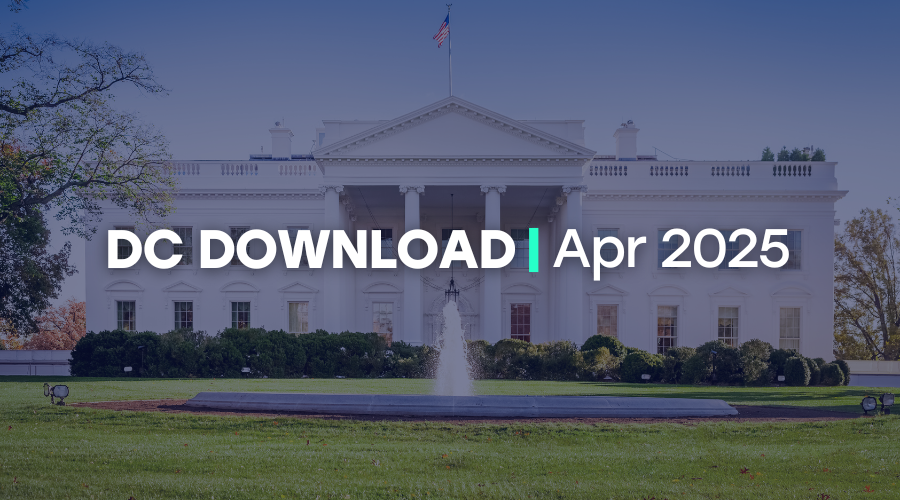As a home for nonprofits, foundations, and corporate allies engaged in every kind of charitable endeavor, Independent Sector is proud to advance the work of volunteers across the country. In the interest of further advancing the national dialogue on volunteerism and national service, we are proud to introduce this blog series, Reimagining Volunteerism & Service to dig deeper and explore different policy solutions in 2020 and beyond. To kick things off, CEO of the California Association of Nonprofits (CalNonprofits), Jan Masaoka explores what volunteerism is, why we should be paying attention, and how bees can guide us. We encourage you to share your reactions and thoughts to this piece in the comments box below.
Bees! Most of us have only recently begun to appreciate the crucial role of bees in pollinating nearly one-third of our food crops. Now that we are having an international crisis of bee death, we are finally paying attention.
In the nonprofit community, volunteers are the bees. Volunteers are not just valued add-ons to nonprofit work; they are central to what we do. At the same time, they are overlooked and in fact often held in disdain by the staffed part of the nonprofit sector. If we take volunteerism for granted the same way we have taken bees for granted, our nonprofit community and work is in trouble.
In California alone, volunteers donate the equivalent of 331,000 full-time jobs — comprising nearly one in four of all the hours that nonprofits bring in service to communities. And particularly overlooked is the economic and social importance of all-volunteer organizations (AVOs) — such as Alcoholics Anonymous, youth sports leagues, PTAs, choirs, and local environmental justice groups.
But there are troubling signs among volunteers as well as among bees. Nationally, volunteerism rates have been declining for 15 years, and recent reports cite a drop from a high of 28.8% to 24.9%. In California, two-thirds of volunteer centers have closed in the last decade, an indicator of the decline in infrastructure and thought leadership in volunteerism.
Despite the importance of volunteers, there are remarkably few articles about them in nonprofit journals, sessions at conferences, research colloquia, or workshops. Keynote after keynote fails to mention volunteers. Nonprofit staff have insisted on being seen as professionals to the degree where being un-paid is something we don’t really want to bring up.
Volunteerism is so neglected among the nonprofit intelligentsia that volunteerism, national service, and simple civic engagement have become conflated. A useful place to start is a shared, defined taxonomy. For example, both policy and management strategies must be considered separately for the following distinct roles of “volunteers”:
- An individual who is court-appointed to unpaid community service at a nonprofit as an alternative to going to jail.
- A person marching in a demonstration.
- A person writing a letter to his or her Congress member.
- A student who is required to volunteer at a nonprofit as part of a course.
- A parent accompanying her son’s baseball team to a meet.
- A corporate employee who is paid (by the employer) for participating in a park clean-up day.
The nonprofit policy arena reflects this same neglect and disdain for volunteerism. Except for a very, very few scholars, the policy agenda for volunteerism has been limited to seeking higher mileage deduction rates for volunteers and calling for more money for AmeriCorps.
Yet, AmeriCorps participants are not volunteers — as AmeriCorps itself contends. They are paid, although not very much. Other types of national service such as military service, Job Corps, Foster Grandparents, and the Peace Corps are voluntary programming (not required), where participants are paid for their work.
There is no question that the mileage expense reimbursement for volunteers of 14 cents per mile is unforgivable. If, for instance, a lawyer drives 10 miles to see a client, she can take 58 cents per mile as a business expense: $5.80. If the next day she drives 10 miles to a hospice to volunteer, she can cite only $1.40 in deductible expenses on her tax return.
In addition to the unfairness of the differential, such a deduction only benefits the 10% of taxpayers who itemize on their taxes, and few taxpayers even bother to calculate mileage.
Public policies affect volunteerism — and those of us in policy arenas need to be addressing the regulations and laws that inhibit or support volunteerism and the nonprofits that mobilize them. Government is already involved with volunteerism, but some laws about volunteerism tend to be at the margins, including:
- Volunteer immunity laws protect unpaid board members from most liability.
- If a nonprofit takes the 501(h) election (lobbying), volunteer efforts are excluded from counting towards the ceilings.
- AICPA (American Institute of Certified Public Accountants) accounting rules allow volunteer time to be valued and included in audited statements.
But even these areas are problematic, for example:
- Despite volunteer immunity laws, nonprofits are still liable for actions taken by volunteers and for injuries sustained by volunteers, and only a few states allow nonprofits to obtain workers compensation insurance for volunteers.
- Confusingly, volunteer time lobbying is included when using the “insubstantial” lobbying test, but not counted with using the more complex standard of 501(h).
- AICPA rules only allow for professional time (such as lawyers), an apparent devaluing of time that volunteers spend caring for children with disabilities, as just one example. Other types of excluded time are volunteer time spent in fundraising activities, and time that board members spend serving boards.
Clarifying the above would be an easy on-ramp to building a policy agenda – and a movement – for volunteerism. Attention and discussion about volunteerism will lead naturally to deeper thinking about what types of volunteerism most help (or damage) nonprofits and communities and how to provide intelligent support of volunteerism.
Just as the world is finally paying attention to bees, perhaps the (staffed) nonprofit world will recognize that it is as dependent on volunteers as our food supply is on bees.
There are issues to address in how universities, schools, corporations and the government expect nonprofits to partner, but the conversation should only start here. We need to change our thinking and messaging around volunteers. Buzzzzzz!
Jan Masaoka is the CEO of the California Association of Nonprofits (CalNonprofits) and serves as a member of the Independent Sector Public Policy Committee.
The views and opinions expressed in this blog are those of the author(s) and do not necessarily reflect the official policy or position of Independent Sector.
What did you think? If you have a reaction or suggestions related to this piece, please leave us a comment below.



